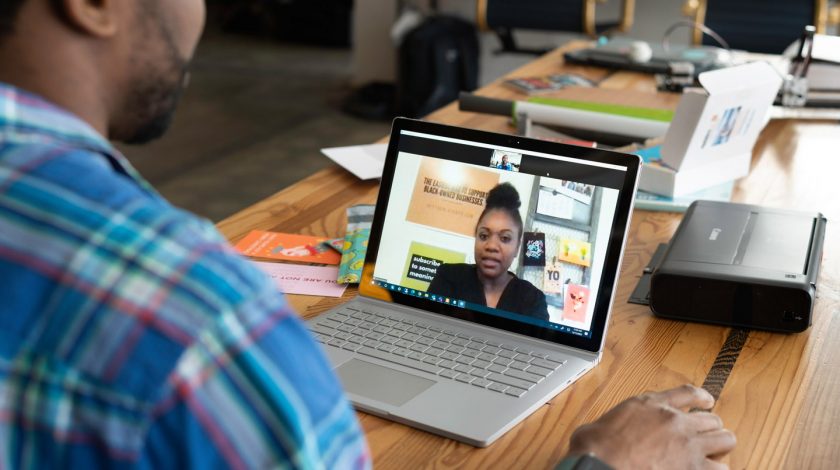Let’s Settle This Online
Much attention has been given to online mediation, in addition to other types of online dispute resolution (ODR), as it has seen widespread acceptance as of late due to restrictions on in-person gatherings. Is that acceptance forced in light of the need to keep claims moving forward with no viable alternative, or are parties finding that online mediation may, in fact, be preferable to face-to-face in some cases? It is widely known by claims professionals and legal practitioners that most lawsuits resolve before trial, and that mediation is an effective tool for settling claims. Nevertheless, until recently, online mediation has largely been eschewed by counsel.Read More →










